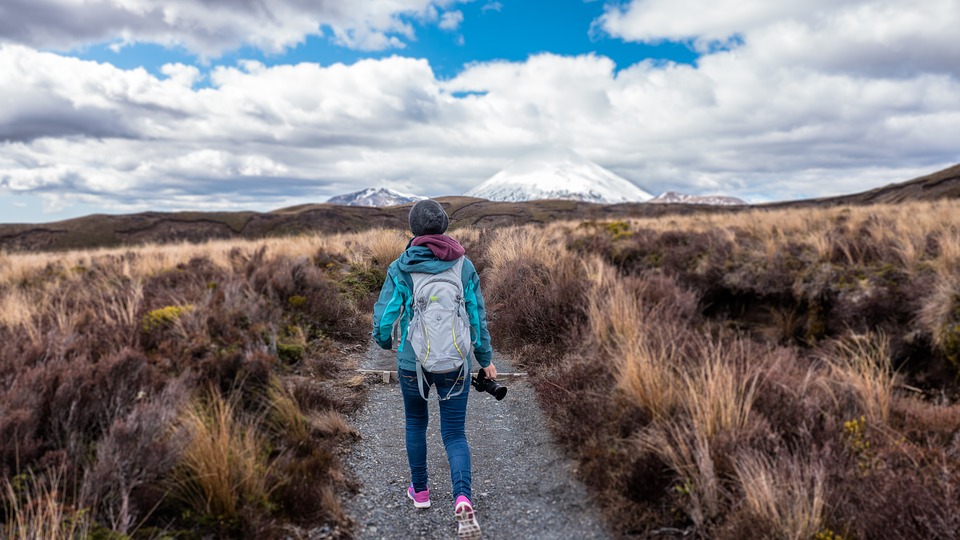Guide for Your First Trekking Experience

If you’re considering going on your first trekking experience, whether on your own or with
Kandoo Adventures, the first thing to keep in mind is that you should be as prepared as possible. While these experiences tend to be quite tiring, once you’ve reached the end of the trek, you’re going to be flooded with a sense of accomplishment and happiness that doesn’t compare with anything out there. Of course, if you’ve never had this sort of experience in the past, you’re not going to know what you’re supposed to be bringing along or doing. This guide is here to help you with that.
Table of Contents
Start Off with Quality Equipment
The first and most important thing to know when it comes to trekking is that you have to have quality footwear. If you have this, then you’ll avoid hurting your ankle accidentally or getting blisters, which could make an otherwise wonderful experience turn sour. Indeed, boots that are made for trekking work well on different types of terrains, while ensuring that you don’t slip and potentially get an injury. They may be expensive, but you’re going to have them for a very long time to come, which should make this initial high price be worth it.
Another important piece of equipment to have is a backpack. Now, don’t just run out and get any backpack you can find: it has to be a comfortable one. Otherwise, you’re going to be stuck struggling on a path that may already be difficult, with an uncomfortable backpack.
What to Bring
Aside from the trekking boots and comfortable backpack, you should also have on you a bottle of water, flashlight, a first aid kit, some food, lightweight T-shirts, sunblock, a utility knife, a GPS and a mosquito repellant. In case you decide to stay the night, you should add to all of this some warm clothing, camping gear, such as a tent, and a set of cooking tools.
Don’t Bring Too Much
While there are some essentials you should never leave at home, you don’t want to go into the other extreme and pack too much. After all, you’re the one who’s going to carry the backpack, and if it’s extra heavy because of loads of unnecessary objects you may not even need, you’re only going to make it harder on yourself. There are other items, such as speakers and neck pillows, that may be nice to have, but are definitely not needed. You can skip them.
Don’t Rush
Trekking is not a race. Take as much time as you need, and avoid going too fast, since this is only going to tire you more than needed, which means you may just end up enjoying the experience a great deal less. While you are supposed to challenge yourself, keep in mind that you should also enjoy your time on the trail. Remember to rest and admire the scenery every time you feel you need to.
Pick a Route
Trekking is a physical activity, and as such, it is very important for you to be aware of what your limits are. Since you’re just starting out, make sure that you pick a route that is not too difficult. We know you may be excited, but it’s best to start off with something easier, and building your way up, rather than go for the difficult trail first, and then make yourself hate trekking altogether.
If you feel like you’re not physically fit enough, you can build your resistance by going on long walks. Make sure to bring a backpack on those walks, and to go up inclines and down on steep descents, to get your body used to what it will be like.
Consider the Weather
Going on a trekking adventure should be as enjoyable as possible from all aspects, and that includes the weather. Indeed, you probably don’t want to go on a trek that’s a few days long during a storm. This is especially important if you’re going to be crossing over rivers, but you should generally keep it in the back of your mind. Be flexible, and allow yourself to wait a few more days in case the weather isn’t the best.
To make sure you’re going to have an amazing time on the trail, you should be prepared. This means doing some research ahead of time, and learning what sort of things you should have on you. We hope you found this article helpful in preparing you for your first trekking experience.
